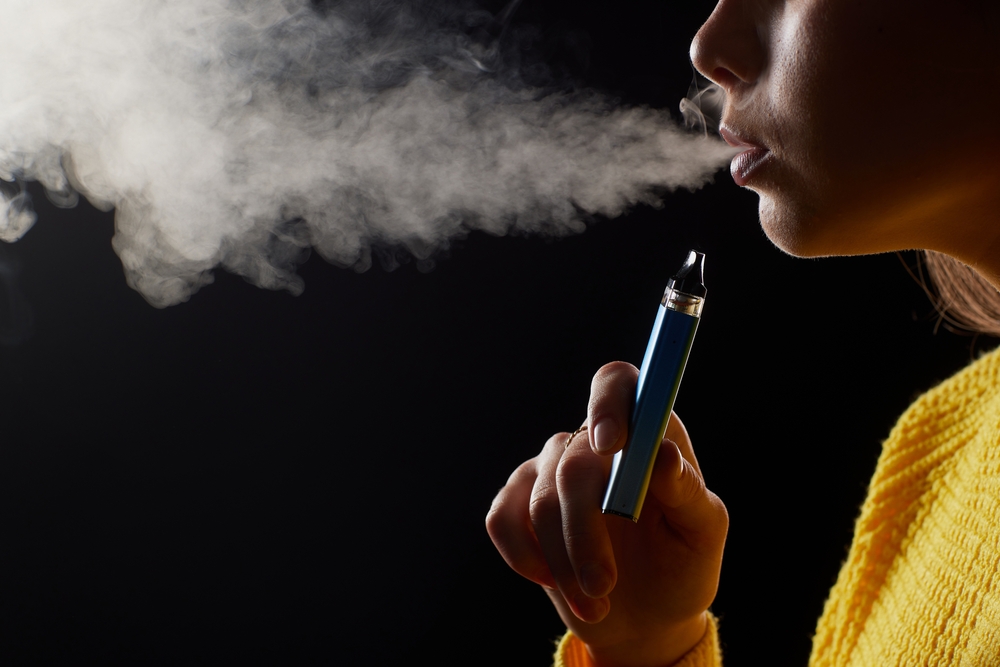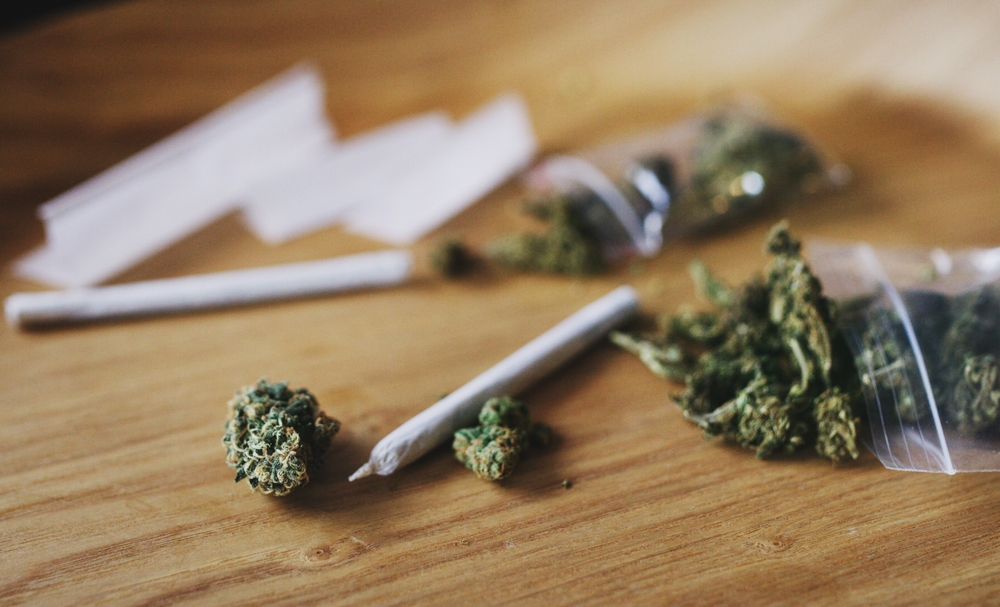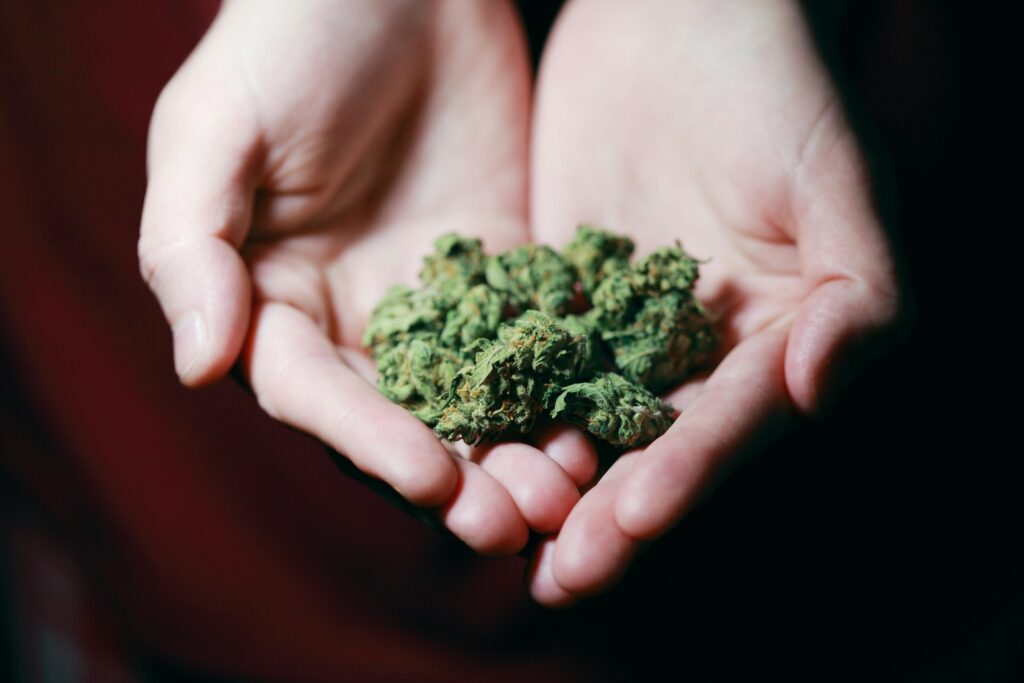DC Woman Wins Landmark Case After Years Fighting Neighbor’s Marijuana Smoke

In a city that proudly legalized marijuana nearly a decade ago, one Washington D.C. woman’s fight for something as basic as clean air has turned into a national conversation about health, freedom, and neighborly boundaries. Seventy-six-year-old Josefa Ippolito-Shepherd spent five relentless years locked in a courtroom tug-of-war with her neighbor, seventy-three-year-old Thomas Cackett, over what she described as the unbearable smell of cannabis smoke seeping into her home. What began as a complaint about a bad odor evolved into a landmark legal case that has reshaped how the capital, and possibly the country, views marijuana use in shared spaces.
For Ippolito-Shepherd, this was never about ideology or money. It was about breathing freely in her own home without nausea, headaches, or the constant dread of an invasive odor creeping through her vents. Her case, now etched into D.C. legal history, highlights the growing pains of a society still figuring out how to coexist when one person’s rights end where another’s discomfort begins. In a twist few could have predicted, her courtroom victory could soon influence future rulings across the U.S., setting a precedent that reinforces the right to clean air even in an era of legalized weed.
A Dispute That Started With a Smell
The feud between Josefa Ippolito-Shepherd and Thomas Cackett began not with shouting or broken fences but with a smell. Living in a connected duplex in the quiet Cleveland Park neighborhood, Ippolito-Shepherd started noticing a strong odor wafting through her vents and walls around 2018. The scent, which she described as resembling “feces” or a “dead skunk,” wasn’t just unpleasant—it made her physically sick. Within minutes, she claimed, the smoke caused nausea, throbbing headaches, and even bouts of vomiting.
Cackett, her downstairs neighbor, wasn’t a party animal or a rebellious youth. He was a seventy-three-year-old restaurant manager and medical marijuana user. After several surgeries and ongoing battles with arthritis, hepatitis, and skin cancer, he said that smoking small amounts of cannabis was the only thing that brought him relief.

According to his testimony, edibles upset his stomach and took too long to take effect, while vaping irritated his lungs. So, he smoked for a few minutes each day something he believed was both moderate and entirely within his rights.
But for Ippolito-Shepherd, those few minutes a day added up to years of suffering. She tried everything to avoid conflict: sealing vents, installing filters, even emailing her neighbor over a hundred times. When nothing changed, she took her fight to court, representing herself. What she wanted wasn’t compensation it was clarity. Could someone legally pollute her home with smoke, even if what they were smoking was legal?
A Legal Battle of Rights: Clean Air vs. Personal Freedom

When Ippolito-Shepherd first brought her case in 2020, the D.C. Superior Court dismissed it, calling it a private dispute without clear precedent. Marijuana had been legalized in the city five years earlier, and the law allowed adults to consume cannabis in private spaces. What it didn’t clarify, however, was what happened when one person’s “private” use affected another’s home environment.
Undeterred, Ippolito-Shepherd appealed. In 2023, she finally won in D.C. Superior Court, with Judge Ebony Scott ruling that Cackett’s marijuana smoke had interfered with her “use and enjoyment” of her property a key concept in property law. Scott even cited Maryland case law to bridge the gap, noting that there was no precedent in D.C. for marijuana-related smoke disputes. The judge’s order was clear: Cackett was forbidden from smoking cannabis inside his home or within twenty-five feet of his neighbor’s property.
The ruling sent shockwaves through the legal community. While some hailed it as a common-sense affirmation of property rights, others saw it as a potential overreach into personal liberty. For Cackett, it was a bitter outcome. “I am not Snoop Dogg,” he reportedly told the court, insisting his marijuana use was both moderate and medicinal. Yet the court found it “doubtful” that his smoking was as limited as he claimed.
The case highlighted a legal gray zone marijuana might be legal, but that doesn’t make it immune to nuisance law. The concept of a “nuisance” in property law covers anything that unreasonably interferes with another person’s enjoyment of their property. Now, thanks to Ippolito-Shepherd, marijuana smoke joins the list, alongside loud music, construction noise, and invasive smells.
A David and Goliath Story of Persistence

What made the story resonate beyond D.C. was Ippolito-Shepherd’s sheer determination. A retired health researcher and public health consultant, she represented herself through years of motions, appeals, and hearings. “For me, it was five years of a nightmare,” she told The Washington Post. She described countless nights spent poring over court documents, learning legal procedures, and documenting each incident of smoke infiltration. Despite being a senior citizen without formal legal training, she managed to build a meticulous case rooted in both health science and property rights.
Her evidence was thorough: dates, photographs, and detailed accounts of how marijuana fumes affected her health. She even called on expert witnesses, including secondhand smoke researchers, who explained how marijuana smoke contains many of the same harmful particles as tobacco smoke. These fine particulates can seep through cracks, vents, and porous walls, meaning that in multi-unit dwellings, one person’s smoke can easily become another person’s air.
Her persistence paid off. The appellate court agreed that the case wasn’t trivial but rather a legitimate conflict between two legal rights: the right to medicate and the right to breathe freely in one’s home. The court sided with the latter. For Ippolito-Shepherd, the victory was deeply personal. “I was not interested in money,” she said. “I was interested in getting fresh air in my home.”
A New Frontier for Marijuana Law

Legal experts say the case could set a new precedent not only for D.C. but for cities across the country where marijuana use is legal. The ruling effectively reframes marijuana smoke as a public health issue, not just a private matter. The American Lung Association has long warned that smoke of any kind whether from tobacco, wood, or marijuana releases carcinogens and toxins. Studies show that marijuana smoke contains fine particulate matter similar to that in tobacco, which can irritate the eyes, nose, and lungs, and may pose long-term health risks.
Adam Eidinger, a leading cannabis activist in D.C. who helped push for legalization, told local outlets that the case should serve as a wake-up call. “We need to advocate for outdoor spaces and social use spaces,” he said. “If you’re putting smoke in your neighbor’s house, that’s not right.” Eidinger suggested that the ruling might encourage lawmakers to allow for regulated outdoor smoking zones, reducing the likelihood of disputes in densely populated neighborhoods.
Others, however, see a potential slippery slope. If medical marijuana users can’t medicate in their own homes without risking lawsuits, where can they go? Advocates for patient rights argue that such rulings could unintentionally penalize people with chronic pain or disabilities. The tension mirrors similar debates around noise ordinances and air pollution where one person’s comfort must be weighed against another’s need.
When Legalization Meets Real Life

Washington D.C. legalized marijuana through Initiative 71 in 2014, allowing adults to possess and grow small amounts for personal use. However, the law bans public consumption, meaning residents are limited to smoking in private residences. That loophole has now collided with urban reality: in a city of rowhouses and apartments, few people truly have “private” airspace.
The Ippolito-Shepherd case underscores how legalization alone doesn’t solve every conflict. Just as secondhand tobacco smoke prompted bans in restaurants, workplaces, and apartments decades ago, secondhand marijuana smoke is becoming the next frontier in public health policy. Some cities in California and New York are already considering restrictions on smoking cannabis inside multi-unit buildings, citing concerns about shared air systems and children’s exposure.
For lawmakers, the challenge lies in balancing compassion for medical users with the rights of non-smokers. As marijuana use becomes more widespread, disputes like this one could become increasingly common, forcing cities to refine their regulations and definitions of “private use.”
The Human Cost of a Legal Victory

Beneath the legal language and media coverage, this is a story about two elderly neighbors whose lives were upended by a conflict neither wanted. What began as a quiet friendship turned into years of silence, paperwork, and emotional exhaustion. Ippolito-Shepherd has said the ordeal took a toll on her mental health. “It has been a long, long battle,” she said. “It is very expensive. But more than the money, it’s mental exhaustion.”
For Thomas Cackett, the ruling is equally life-changing. A man who relied on marijuana to manage pain is now prohibited from smoking it in his own home. The court order bars him from lighting up within twenty-five feet of his neighbor’s residence a restriction that effectively makes his property a no-smoke zone. For someone who insists edibles and vaping don’t work for him, the ruling could mean living with untreated pain.
Both parties, in their own way, embody a broader American tension: the struggle to coexist in a society of competing freedoms. Neither sought fame, yet both became symbols one of environmental and health rights, the other of medical necessity and autonomy. Their clash illustrates how legal and ethical boundaries often overlap in unexpected ways, especially when laws evolve faster than social norms.
A Reflection on Modern Coexistence
The story of Josefa Ippolito-Shepherd’s five-year legal odyssey isn’t just about marijuana or even law it’s about how we share space in an increasingly crowded world. It’s a reminder that freedom isn’t absolute; it’s a balance negotiated daily between individuals who must breathe the same air. Her case, while controversial, forces us to consider what community really means in an age of legalization, aging populations, and dense urban living.
In many ways, Ippolito-Shepherd’s victory symbolizes a return to the fundamental principle of civic life: mutual respect. Her perseverance demonstrates that even ordinary citizens can shape the law through persistence and conviction. Whether one sides with her or sympathizes with Cackett, the case underscores a truth we often overlook that the way we treat our neighbors reflects the health of our society as much as any law or policy.
As the cannabis industry grows and the culture around it matures, future disputes like this will undoubtedly test the limits of personal freedom and environmental responsibility. For now, at least in Washington D.C., the message is clear: clean air in one’s own home is not just a preference it’s a right. And sometimes, defending that right means standing up to the smoke, both literal and metaphorical, that clouds our shared existence.
Loading...

